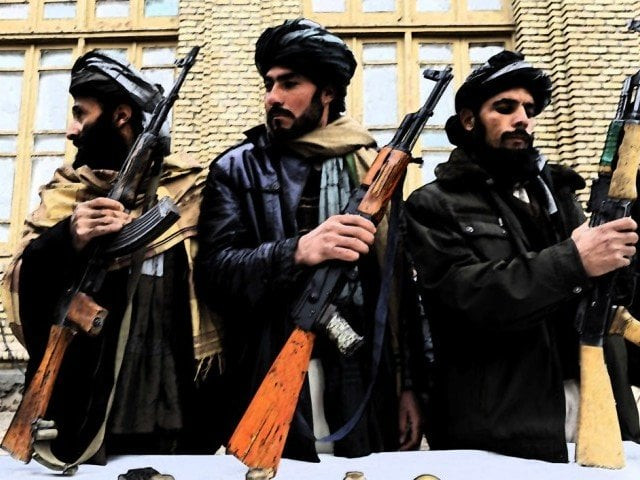
Their movement against the Nato troops has been increasingly financed by criminal enterprises including heroin laboratories, illegal ruby and emerald mines and kidnapping, making negotiated peace harder, said a report submitted to the UN Security Council.
The report said there was a new "scale and depth" to the Taliban's integration with criminal networks, which includes directly running marble mines, taxing the production and export of narcotics and kidnapping for ransom.
Diverse financing, including foreign donations, helped the Taliban survive 13 years of US-led war in Afghanistan, analysts say. "They are increasingly acting more like 'godfathers' than a 'government in waiting,'" a panel of experts who advise the Security Council on sanctions said in the report made public late on Tuesday.
In 2014 the Taliban inflicted heavy casualties on Afghan security forces as foreign allies withdrew most of their troops. More civilians were killed in 2014 than in any other year of the war, according to the United Nations. US President Barack Obama is now considering a request from Afghanistan's President Ashraf Ghani to slow the pace of the withdrawal of US troops, a senior administration official said on Wednesday. Ghani is also trying to open up channels for peace talks with the Taliban.
The UN report called for sanctions to disrupt the Taliban's alleged criminal activity, warning that fighters in charge of lucrative illicit businesses would be less inclined to respond to calls by their leaders to settle for peace. "Taliban members involved in criminal activities will not benefit politically or economically from a potential reconciliation between the government of Afghanistan and the top leadership of the Taliban movement," it said. The activities described in the report - which cites Afghan officials and businessmen affected by Taliban extortion - include charging to smuggle emeralds out of the country, taxing the production of lapis lazuli and facilitating illegal ruby mining in areas under the Taliban's influence near Kabul.
"Taliban penetration of the natural resources sector is deep and (the) extortion in that sector is fairly pervasive," the panel said. As well as charging farmers who grow opium poppies, the Taliban profits from heroin production and export, and can often be found fighting close to heroin laboratories, the report said. In 2014, the group fought hard for control of Sangin district in the southern province of Helmand, where a number of laboratories were located, the report said, citing Afghan officials.



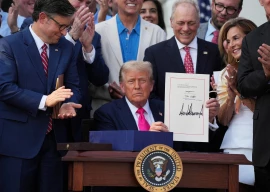
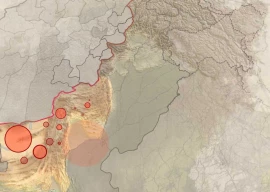


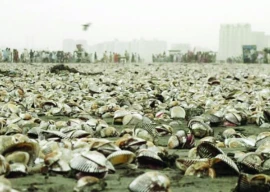


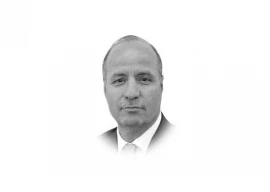

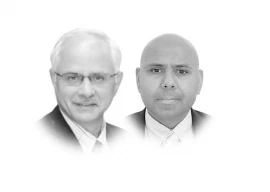





COMMENTS
Comments are moderated and generally will be posted if they are on-topic and not abusive.
For more information, please see our Comments FAQ